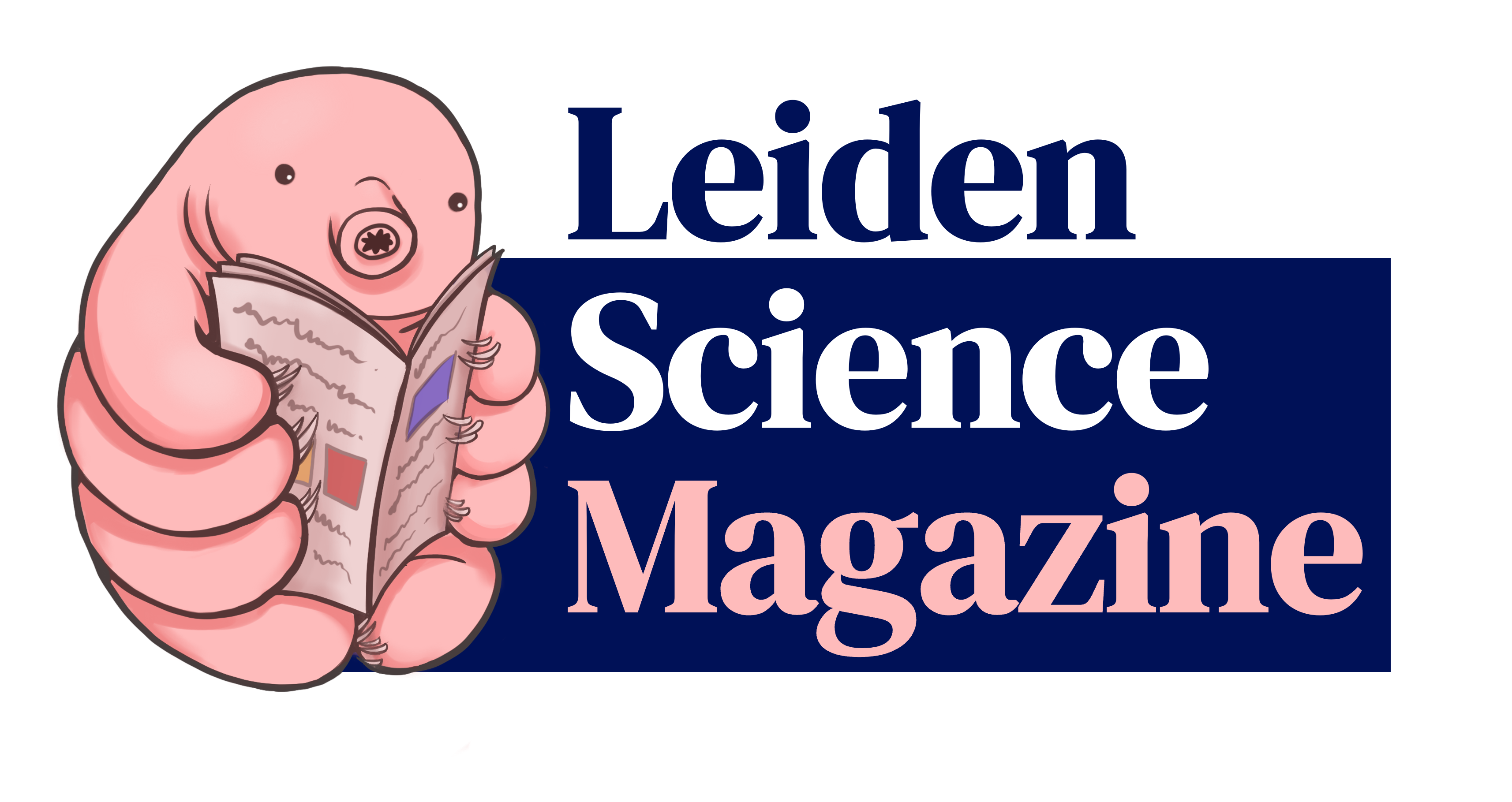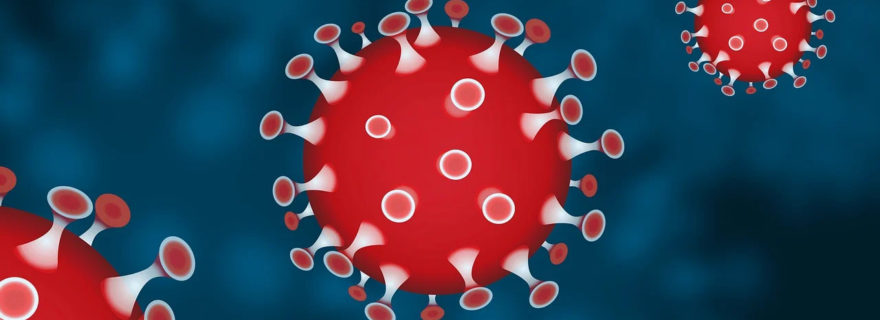The pandemic you forgot about - Part II
This article is the second part of Callum Griffiths' article on the forgotten HIV-pandemic.
You can read part I here.
Imagine you’re a student in your first year of university, you’re studying abroad in fact. The bright lights of the London performative arts scene have drawn you across the sea. You’re navigating a new culture with your bright-eyed and optimistic view of the world. You’re trying to understand yourself and your sexuality, and how that all fits into the world around you. You get a boyfriend that you like. You do the smart thing and get a sexual health check-up before moving things to the next level. Then you get a call. A polite English voice on the other end of the phone asks you to come in. You know immediately. You go to the hospital and sit in a waiting room while trivial, afternoon BBC programming trundles across a television screen. A friendly-faced man calls you into a room. You’re scared.
The kindly nurse tells you that you have tested positive for HIV. He tells you that you don’t need to be scared, but you feel your mortality nevertheless. He tells you that you can still have children, that they can “wash your sperm”. You hadn’t even thought about kids yet. You feel stupid and guilty for getting infected, when you knew how to be safe. You feel cheated by the universe for plotting out this fate for you. You feel the entire weight of a societal stigma bear down on your shoulders; every headline, every funny remark about AIDS by a friend or a character on TV, every pamphlet about safe sex, and every scare story that accompanied them. Your life seems to be now changed forever, and yet your life expectancy, quality of life, and the risk you pose to those around you has barely changed at all. It’s confusing.
This is a short but impactful chapter in the life of Bas van der Kruk, a creative consultant in Rotterdam. Now ten years on from his initial diagnosis, he reflects back on that conversation, and the immediate psychological aftermath. “I was a bit cuckoo in the first phase because I didn’t know how to cope with it.” For many people, an HIV diagnosis is invariably followed by a turbulent period of emotional adjustment. Feelings of shame, guilt and self-directed anger are not uncommon. It can take years for someone to reach a place of self-acceptance, “I mean, in the end, you’re always just trying to find a way to accept yourself for who you are and what you’ve done. And somehow this diagnosis didn't fit with my narrative.”
Five hundred and eighty people had to go through some version of this process in the Netherlands in 2019. This relatively small number represents a great success story for the medical community in the Netherlands, who are helping to bring down HIV infections year upon year. Of course, it is still just a number, it does not possess the granularity to resolve struggles of the individual. What’s most interesting is that these mental challenges are often not a response to any threat to physical health. As was explained in the previous article, the drugs available to patients in the developed world are exquisitely effective. HIV positive people can be almost guaranteed high quality of life and typical life expectancies. The struggles are borne out of stigma, out of a fear of what the world may infer from their harbouring of this infamous ‘sex disease’, and out of common misunderstandings of HIV.
These types of interactions that HIV positive people face are often not a symptom of malicious intent; a general lack of knowledge about what HIV is can lead to painful and isolating moments. Bas riffles through some early memories with his parents, who only felt love and compassion for their son following his diagnosis, “They are from a different generation. So, they were around in the eighties and the news that was coming out then was: ‘HIV, you’re gonna die’. So I told them the news, and afterwards we were having chips, I think. I didn’t feel like finishing mine and my mum was like, ‘Oh, can I finish yours… Or shouldn’t I?’ And that really hurt me, but at the same time, I can’t blame her.”
These misconceptions about HIV have fostered a belief within Bas that openness about his status is essential to move the dialogue forward, “If people who contract HIV don’t talk about HIV, a lot of people won’t know that there are others with it in their surroundings… Why would you go and learn about something that you think doesn’t affect you? I think to break that cycle, people like me have to be more open about what we’re going through.” Taking ownership of this label, ‘HIV-positive’ and the narrative that it carries, has been an important step for Bas in his decade-long journey.
Someone who understands how these narratives play out on the level of society is Lyle Muns. Lyle is the chairman of the Landelijke Studentenvakbond, an association that supports students all over the Netherlands in many different capacities. He is also HIV-positive. Lyle too recognises the void that exists between the emotional reaction to HIV and the health risk that it actually poses, “I think that discrepancy is explained by the huge taboo that’s still out there on HIV, and the stigma. People with HIV can internalize that stigma. So that explains why they can have depressive feelings, even though nothing much is medically going on.”
HIV continues to disproportionately affect marginalised communities, even in developed countries. Lyle vouches for a national approach that not only tries to dissolve stigmas, but also to ensure that everything is done to prevent people contracting HIV in the first place, “It’s really important to provide information to people in their own language. And to make sure that it’s a topic that is being discussed at schools universally… And obviously universal access to healthcare. If people do not regularly get tested, then they won’t get diagnosed.”
HIV has undergone a steady transition since the height of the pandemic in the 1980s, from a disease that was universally deadly to a quite manageable one. It has also transitioned as a social issue, from sweltering under the heavy lights of societal judgement and pity, to an issue that now plays out in shadows, where knowledge and awareness are hard to come by. Now is the perfect time to turn a gentle light back onto HIV. In the tumult of a global pandemic that has exposed inequalities and stigmas that are quite impossible to ignore, it is time to educate ourselves and assess our biases. Just like people such as Bas and Lyle, we need to integrate HIV – and all other diseases – into our societal identity, not to accept the damage that they inflict upon us, but to learn how we extinguish their capacity to hurt us.






0 Comments
Add a comment